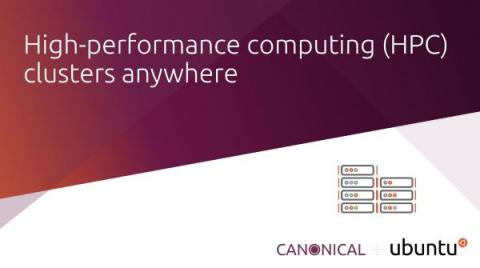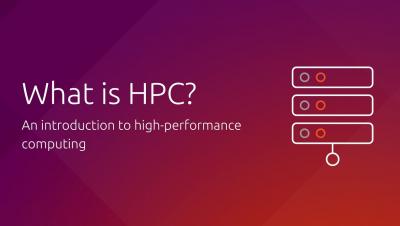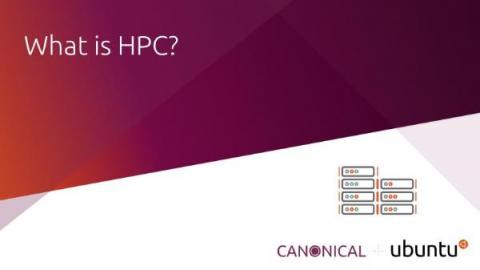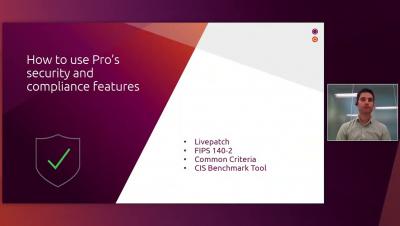High-performance computing (HPC) clusters anywhere [part 2]
In this blog, we will be introducing where and how clusters are currently being deployed, what these deployment methods enable, and the major players in that space. This blog is a part of a series of blogs on HPC where we will introduce you to the world of HPC.











